With new technology comes new opportunities, and NFTs have been the talk of the tech world lately. Though many people are genuinely interested in buying their first NFT, they’re left wondering how safe it actually is.
Buying an NFT is safe considering the immutable infrastructure of the blockchain and the high level of security provided by your wallet. However, there are still some privacy and security risks since the blockchain is online (meaning it can be hacked) and public (anyone can see your transactions).
Wondering whether or not buying an NFT is safe is a fair question. That’s why I’ve crafted this article to thoroughly answer it.
Safety Concerns To Consider Before Buying NFTs
NFTs are safe in general, but there are still some safety concerns to consider before buying an NFT. Below are some of the main concerns.
1. You’re Online
The first concern is the most obvious, NFTs are online. We all know that whether it be your bank account, your social media profile, or something else—if it’s online then it can be hacked.
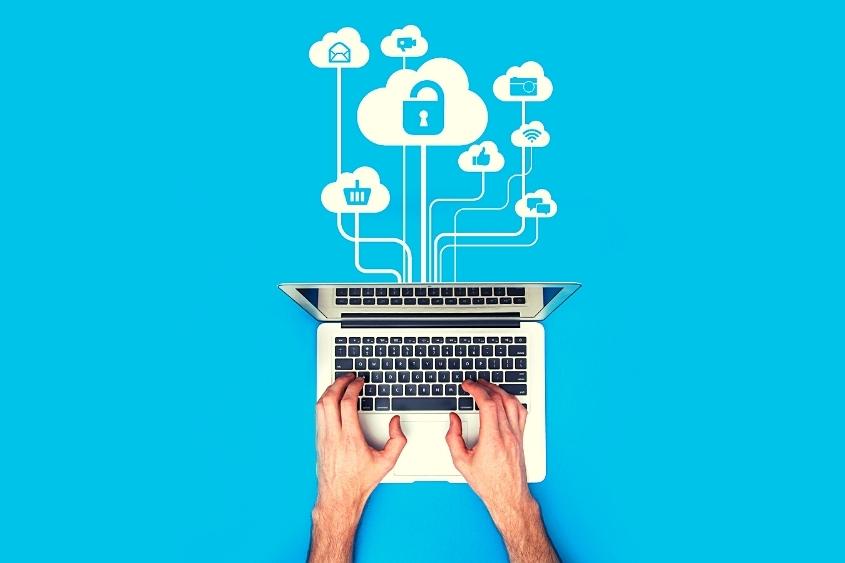
The blockchain does function differently though. Blockchains are decentralized, meaning that it’s made up of a shared network of computers, not just one entity. This means if one computer is hacked, the entire blockchain isn’t affected.
Nonetheless, anything that’s online should always be approached with caution. That means double-checking that you’re visiting the correct website, never trusting anyone with your personal info, and always asking questions.
2. The blockchain is public
One of the greatest aspects of the blockchain just happens to be one of the biggest concerns; it’s public. Everything that lives on the blockchain can easily be viewed by anyone.
This means I can see how much money you have in your wallet, all of your assets, every transaction you’ve ever made, and who you’ve interacted with. Although there are many perks to the transparent nature of the blockchain, it’s also a call for concern.
The fact that someone else has the ability to see how much you’re worth can make you a target. That’s like going around telling everyone how much money you have in your bank account and how much you spend. It’s probably not the smartest thing to do.
To be fair, the public aspect of the blockchain is really only a concern if your wallet address is connected to any of your online accounts or if you use your real name as an ENS name. Otherwise, it’s just a string of numbers that can’t easily be tracked to the human behind the address.
3. You have to enter personal information
To buy an NFT you have to get cryptocurrency. To get crypto you have to create an account on a crypto exchange. To create an account you are required to enter your personal info, including know your customer (KYC).
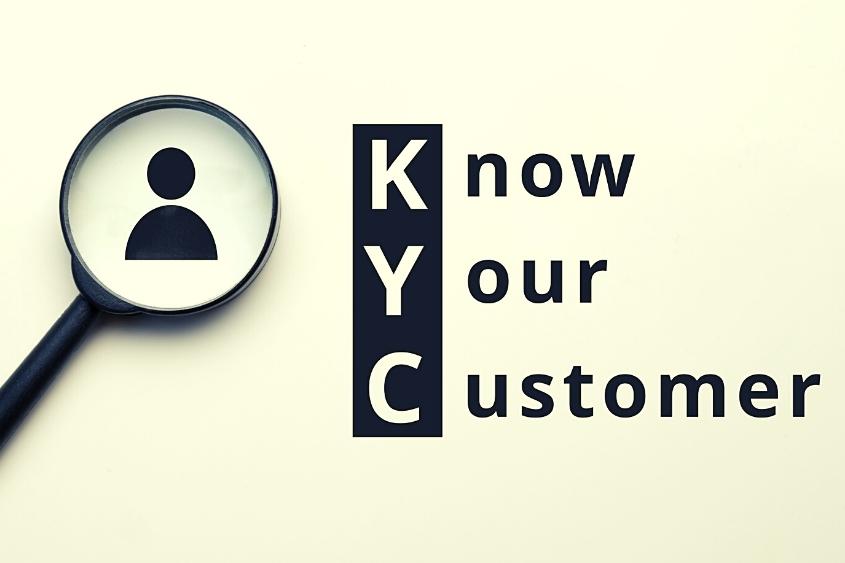
KYC is a process currency exchanges are required to go through to confirm their customer’s personal information such as name, residency, and other personal data. This background check aims to deter money laundering and other illegal activities that may occur when using crypto exchanges.
So if you are someone who’s hesitant to enter your personal information, including a picture of your ID for verification purposes, then you might want to reconsider buying an NFT.
If you choose a reputable exchange like Coinbase, however, then entering your personal information shouldn’t scare you. It’s no worse than buying something from Amazon.
4. The NFT space is full of scammers
Where there’s money, there are bound to be scammers. The NFT space is full of greedy hands waiting to take advantage of gullible newcomers just like you.
Some of the most common scams include phishing links, rug pulls, and fake customer support accounts. Clicking on random links, buying something you know nothing about, and accepting help from strangers online is the quickest way to get scammed. Though billions of dollars have been lost to NFT scams, most of them are the result of a user error.
But if you’re aware of the top NFT scams and how to avoid them, then you don’t need to worry so much about getting scammed.
5. The blockchain is too secure
In an attempt to ensure that NFTs and other assets stored on the blockchain remain secure, it’s almost as if the blockchain is too secure. Let me explain.
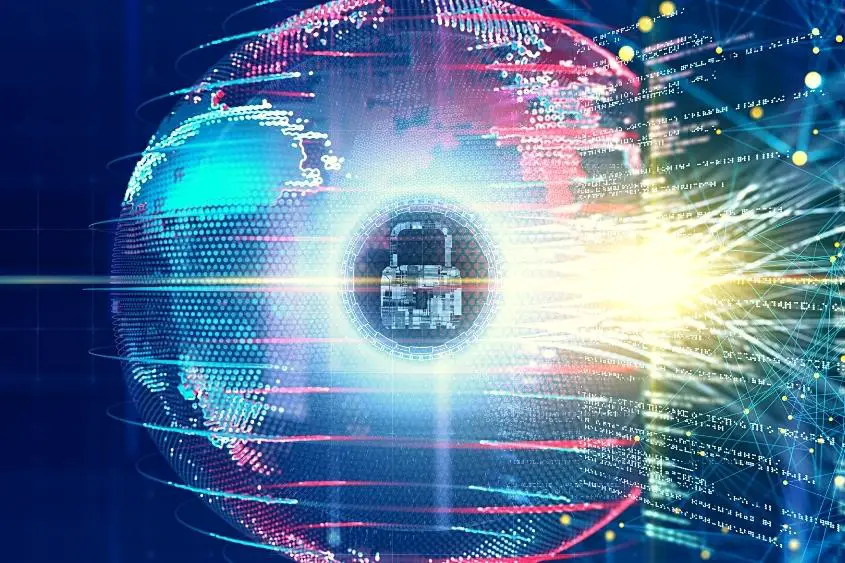
To access the blockchain you need a Web3 wallet. Once created, these wallets provide you with your own address on the blockchain where all your assets are stored. To keep your wallet safe, most wallets have multiple layers of security including 2FA, a password, and a secret phrase.
A secret phrase is generally 12 to 24 random words that must be entered in the correct order to access your wallet. Unlike a password though, if you lose your secret phrase there’s no way to recover it. That means if you lose your secret phrase you also lose all of the assets in your wallet as well.
Furthermore, if someone else gains access to your secret phrase then they gain full access to your wallet, even without knowing your password or 2FA. So storing your secret phrase anywhere online is inadvisable.
Most wallet holders prefer to safely store their NFTs in a hardware wallet like Ledger and their secret phrase in a physical location such as a vault or fireproof lockbox.
Ultimately, the thing that’s supposed to keep your NFTs safe is also the thing that could be detrimental to your wallet if you aren’t careful.
Can NFTs Have Viruses?
Technically, an NFT could contain a virus. However, it’s unheard of. You’re more likely to be hacked through a phishing link, faulty website, and other types of scams. Viruses are most commonly contracted via infected email attachments, removable media, and internet downloads.
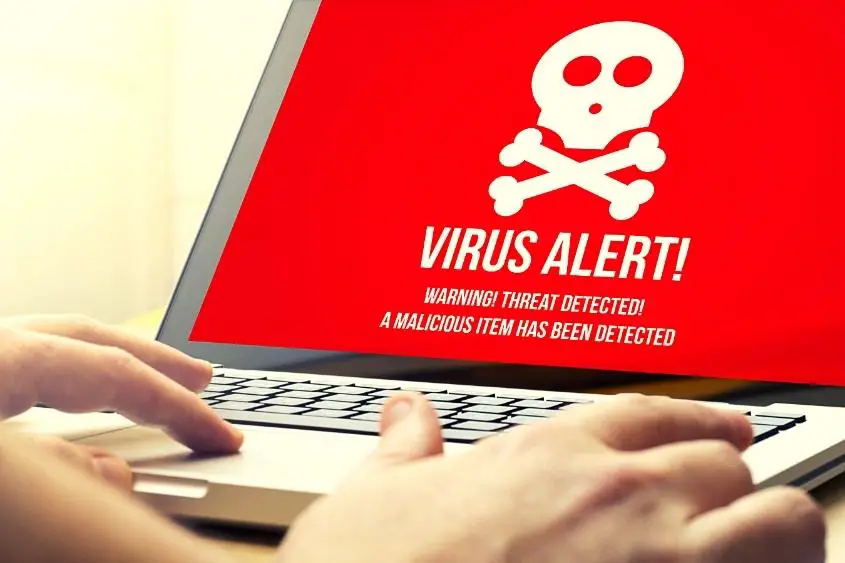
The process of buying an NFT all occurs on the blockchain. That means you don’t have to download any files to your computer or connect your device to any hardware if you don’t want to.
That being said, you do have to add a wallet to your computer via a chrome extension or download an app to your mobile device to create an account with many of the Web3 wallets. Also, if you decide to get a cold-storage hardware wallet you might connect that to your computer.
So if you were going to get a virus, it’d most likely be through a bad chrome extension or buying a compromised hardware wallet. The best way to avoid this from happening is to always confirm you are visiting the right website and purchase your hardware wallet from the manufacturer’s website, never from a retailer like Amazon.
Can NFTs Hack Your Wallet?
An NFT can be sent to your wallet with malicious intent. If you interact with these NFTs you risk having your wallet and the assets within compromised as a result. If you ever receive a random NFT, don’t try to send it to a burn address, sell it, or sign any transactions with it. Just let it be.
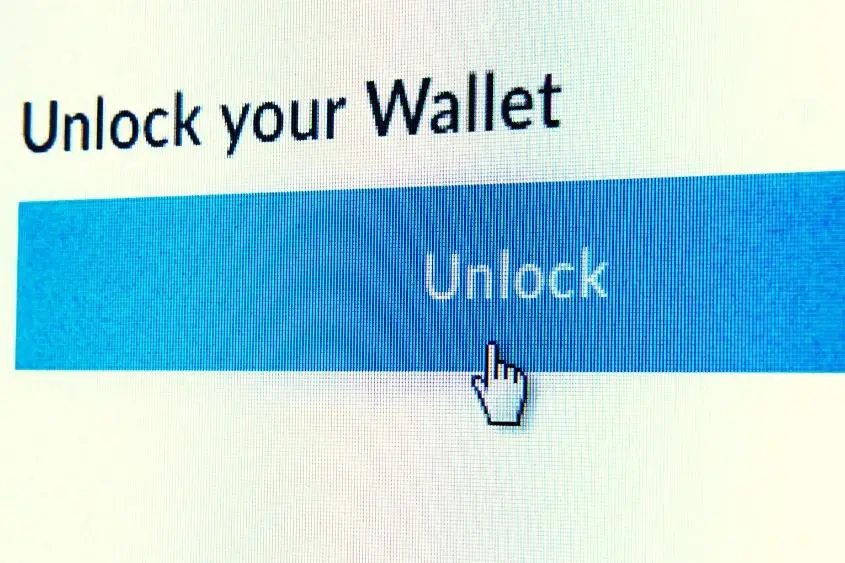
The good thing about malicious NFTs is that you have to interact with them for their malicious intent to be activated. Interacting doesn’t mean simply clicking on it, it means that you sign a transaction related to that NFT using your wallet.
Some NFTs will be sent to your wallet with active bids on them. This is an attempt to get you to interact by accepting or countering the bid. To do this, you’d have to interact with the NFT.
So, if you are gifted an NFT from a random address that you weren’t expecting this should stand as a major red flag. However, that’s not to say that all NFTs sent to your wallet without your doing are malicious.
An NFT airdrop is common in the NFT space, but only if you are expecting it or can confirm it’s legitimate. Generally, you can verify a legitimate airdrop by reaching out to the community via Discord or the brand’s website.
If you can’t find any information regarding the NFT or the airdrop, don’t touch it.
Tips to Stay Safe When Buying An NFT
Now that you know all the safety concerns to consider before buying an NFT, let’s focus on how to stay safe.
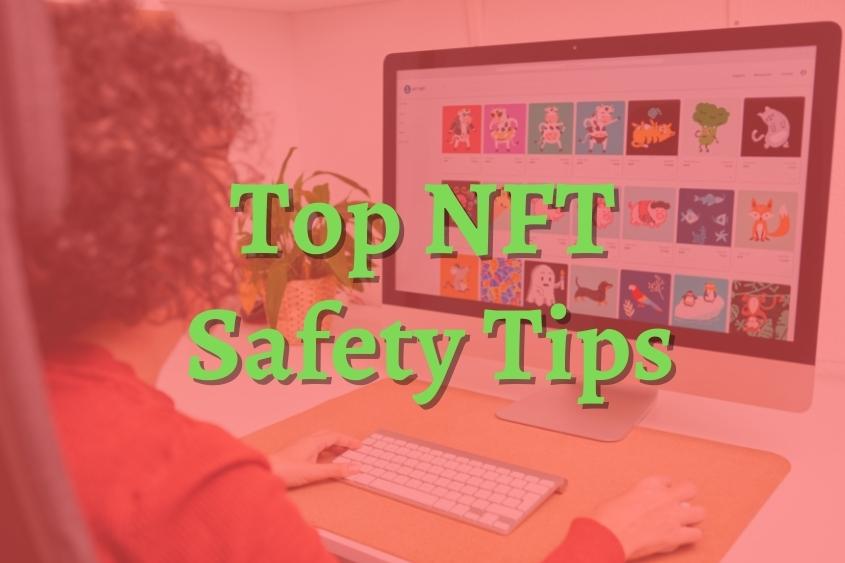
1. Don’t Trust Anyone With Your Wallet
First and foremost, don’t trust anyone with your wallet information. This includes your password, 2FA, and secret phrase. There’s no reason to ever give this info to anyone who doesn’t require complete control of your wallet and the assets within.
Not even your bank, your tax professional, or customer assistance. The only thing that’s okay to share (and available to the public anyways) is your wallet address. Your address is used to send and receive assets to your wallet.
Besides that, there’s nothing else you should ever need to share regarding your wallet. Everything someone would need to see is available publicly on the blockchain.
2. Avoid Connecting Your Wallet to Your Other Online Accounts
The blockchain is already public as it is. To keep your identity safe, avoid connecting your other online accounts to your Web3 wallet. Many NFT marketplaces allow you to connect your social media profiles with your blockchain address for cross-promotion purposes.
Likewise, social media accounts allow you to connect your Web3 wallet to your profile. Although some creators and collectors might benefit from this cross-promotion tactic, those trying to remain under the radar won’t.
Connecting or associating your wallet with your social accounts is an invitation to scammers. This is especially true if your wallet contains a lot of valuable assets. In fact, one of the most common scams happens in NFT Discords.
Discord is often used by NFT brands to gather people, promote, and share updates within a community. It’s also one of the most likely places to be scammed. If you find yourself in a Discord that requires you to connect your wallet or sign transactions using your wallet, I suggest leaving that Discord.
Unfortunately, even some reputable brands will require you to connect your wallet to gain access to certain channels. For me, it’s just not worth the risk. I’ll always choose security over exclusivity.
3. Always Double Check URLs
Phishing links are one of the most common ways that people get hacked. The way it works is someone will send you a link to a fake site that looks like a legitimate site, such as a popular marketplace or brand website.
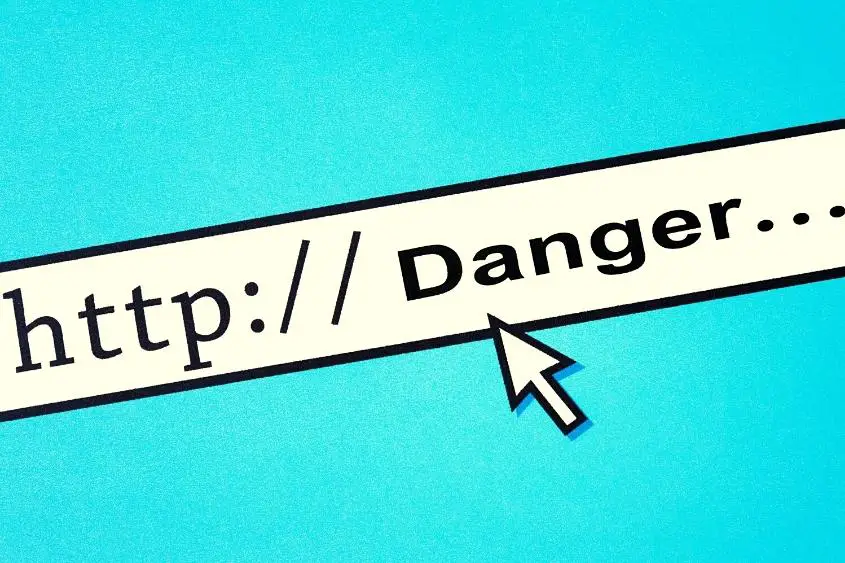
Then without paying much attention, the user will connect their wallet to the site. That’s it, game over. Once that connection is made, your NFTs could all be gone.
This is why it’s so important to always double-check the website URL you’re visiting, and never click on any random links that have been sent to you. Scammers have even gone as far as buying Google Adwords to ensure their scam site is one of the first results on Google search.
If you know the exact URL of the site you want to visit by heart, it’s best to type it in yourself. Keep in mind that many of the fake scam sites will have a URL that’s only a one-letter difference from the actual website, so always double-check.
4. Don’t Trade Your NFT
I’ve been in the NFT space for a while now and you wouldn’t believe the number of people who have asked me to trade my NFT for theirs. I’m not against a good trade by any means, however, if you are trusting another person to follow through with their promise of sending you their NFT, good luck.
You should never trust someone else to send you their NFT in exchange for yours. Especially if the deal is too good to be true—because it probably is. If you are planning to do a peer-to-peer (P2P) trade with someone else, I recommend using a platform like NFTTrader.
Platforms like this one guarantee that a trade will only be completed once both the initiator and the counterparty agree on what’s being traded. That way each party knows exactly what they’re getting before completing the transaction.
5. Stay Informed
The best defense is a good offense. In other words, it’s better to be proactive and always stay safe when buying NFTs. Staying informed on the most common NFT scams and security practices is a full-time duty.
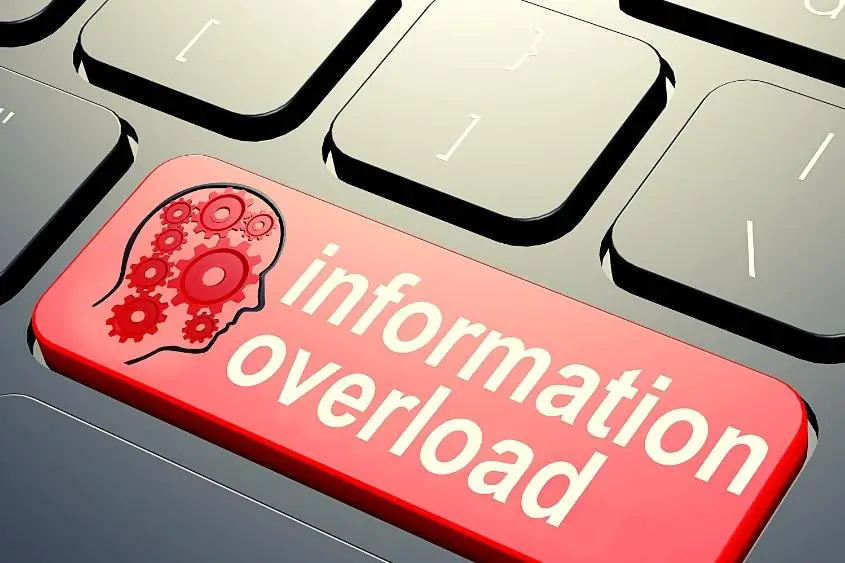
Realistically, you should stay informed when doing anything online as technology is advancing at a rapid pace that’s hard to keep up with. Of course, the NFT space is something entirely new. And what we think we know today will change in the future.
There will be new platforms, new security protocols, and of course smarter scammers. But if you can stay on top of it all, you’ll greatly reduce your chance of finding yourself in an unsafe situation when you go to buy your next NFT.
If you’re new to the space, then you might not be familiar with how you can stay informed. And even if you aren’t new to NFTs, perhaps you could be even more informed. Blogs, podcasts, videos, and trusted brands are all options for staying informed. If you’re curious to know how I like to stay up-to-date with all the most recent news, this article is for you.
Overall, I believe buying an NFT is considered to be safe with the proper knowledge. Of course, no matter what we do in life there’s always danger lurking in the shadows. If you’ve made it this far, then you are on the right path to attaining that much-needed knowledge.
